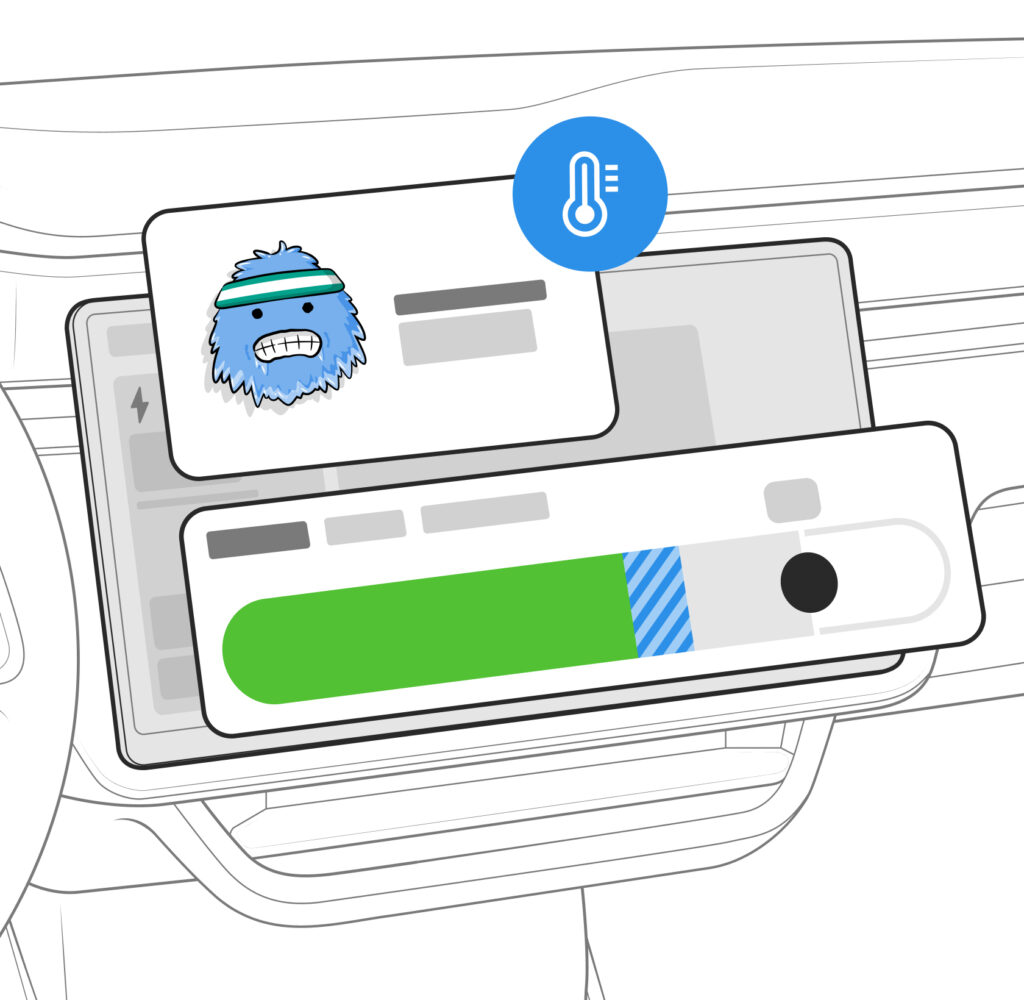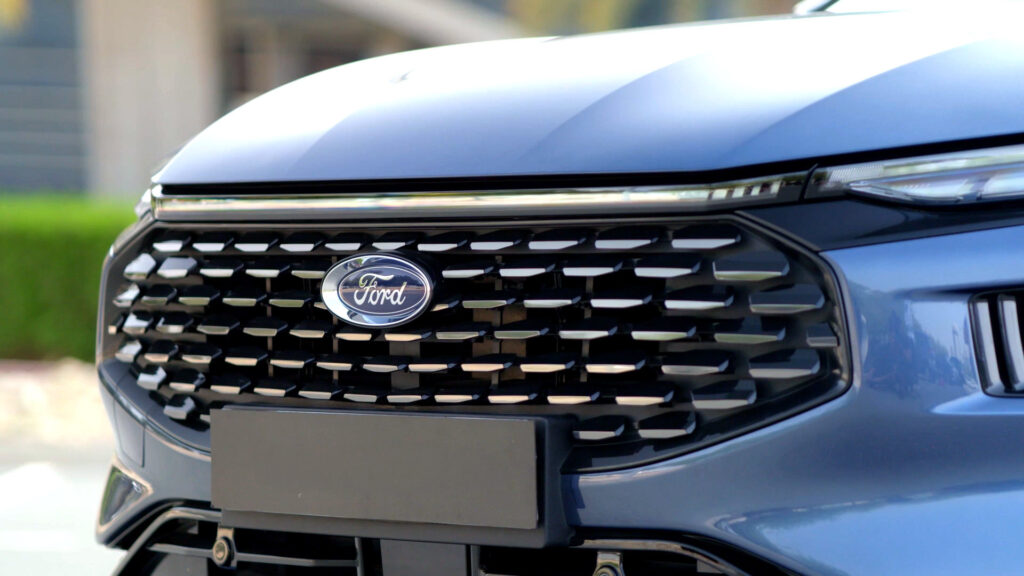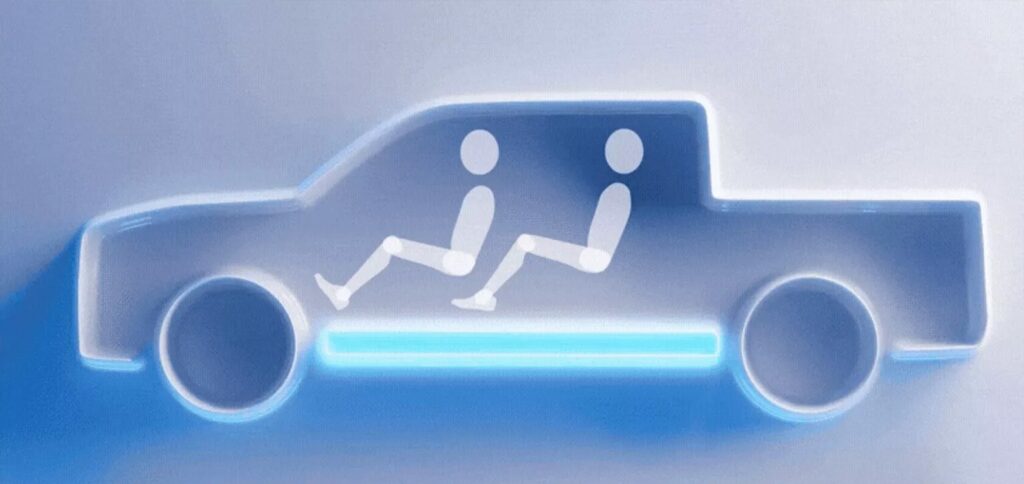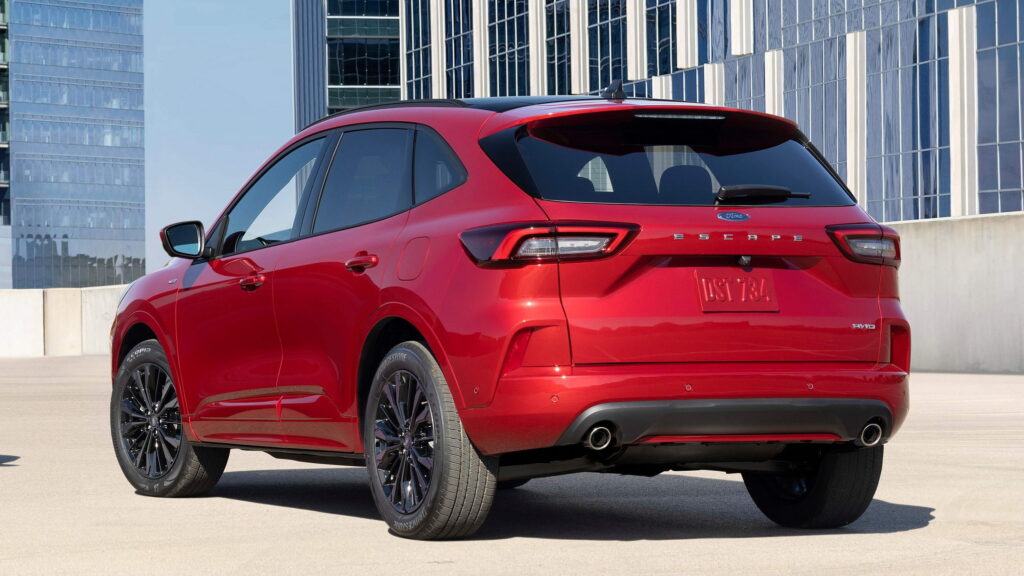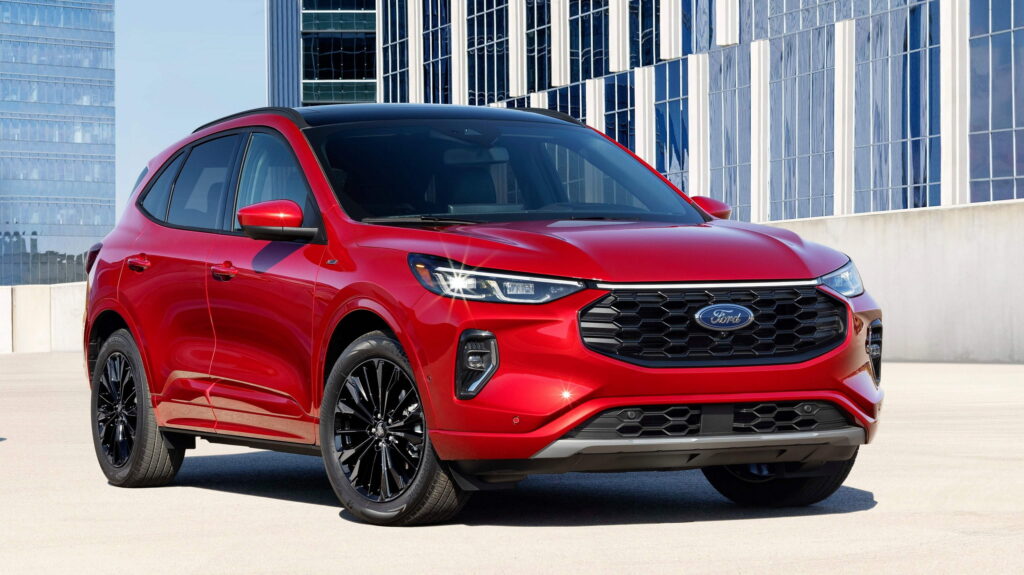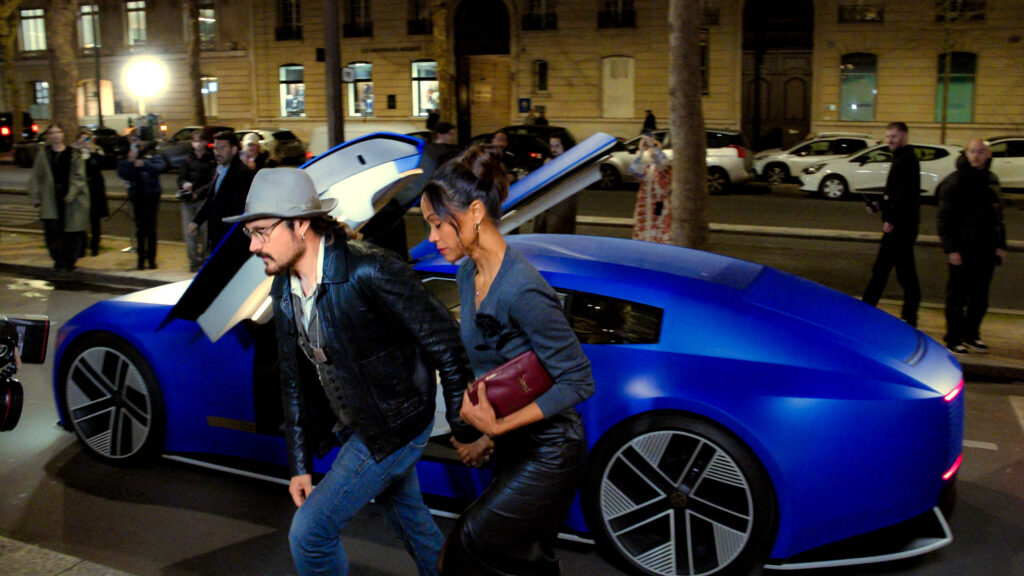Rivian Expands Service Network Before $45K R2 Tests Its Capacity, But Will It Be Enough?
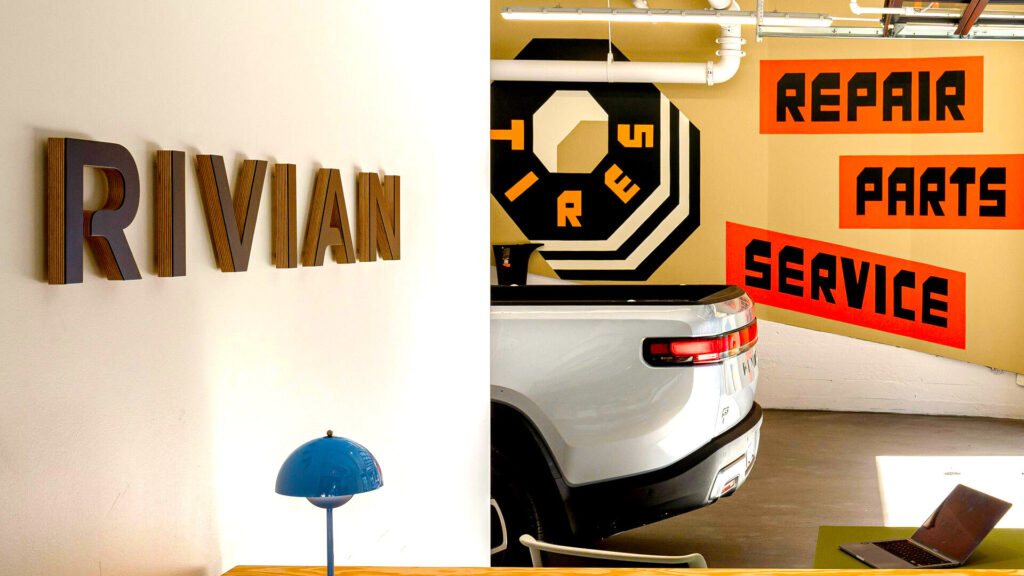
- Rivian is expanding its service network ahead of the R2’s launch.
- More than 50 new service centers are scheduled to open soon.
- Company is also hiring new techs and adding mobile service vans.
Rivian is gearing up to introduce the R2 next month and the company is preparing for its arrival by announcing plans to open dozens of new service centers. This should help the company deal with the influx of new customers caused by the roughly $45,000 EV.
While the automaker didn’t give firm numbers, they said more than 50 new service centers are scheduled to open through next year. This will push the total number of facilities past the 150 mark.
More: Rivian Owner’s Quality And Service Nightmares Expose The Pain Of Being A ‘Beta Tester’
Rivian didn’t say where these centers will be located, but confirmed “multiple locations and larger sites” with higher capacities are planned for markets where their vehicles are popular. On the flip side, in remote areas, the company will focus on mobile service.
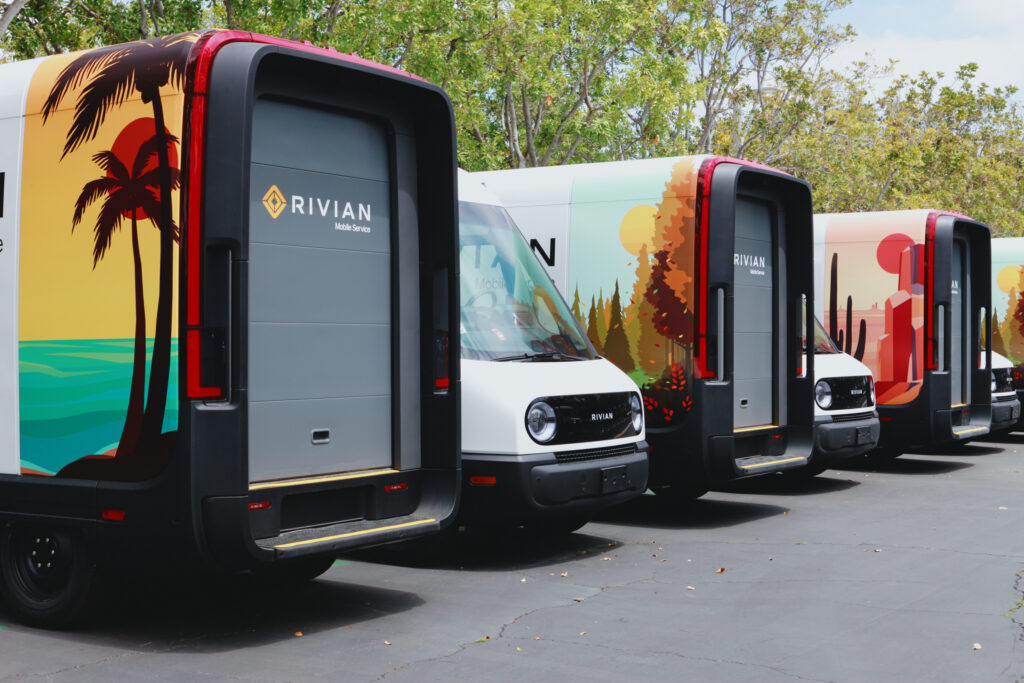
Speaking of mobile support, Rivian plans to increase its fleet of service vans by 50% this year. The company noted this is what customers prefer and they’ll be “enhancing onboard tools and technician training so we can perform more services remotely, including routine maintenance like tire rotations.”
More: That Rivian Bumper Tap Didn’t Look Like An $11,000 Oopsie, But Here We Are
The company has also hired and trained more than 1,000 service specialists in the past year and that practice will continue. This has reportedly resulted in a 35% reduction in wait times for service.
Software Updates
In other Rivian news, the company recently announced a handful of software updates including a new Apple Watch app. It enables users to lock and unlock doors, vent the windows, and adjust the climate control system – among other things.
The automaker also updated software in Gen 1 Quad-Motor as well as Gen 1 and 2 Dual-Motor R1s. Thanks to the change, Sport Mode now has a higher ride height option known as Standard. The company also extended Sport mode to Dual-Motor variants, which “unlocks optimized power delivery and quicker acceleration.”
Other highlights include Launch Mode as well as a “Lower” setting, which reduces the ride height by about an inch to ease entry and egress. There’s also a new cold weather indicator that shows “exactly how much energy is being used to keep your battery warm.” It will also show how much range is “temporarily unavailable until the [battery] pack reaches its optimal operating temperature.”
